#Afro-Asiatic
Text
#polls#linguistics#languages#Slavic#Afro-Asiatic#ytilaremehpe-sselhtaed#Germanic#Indo-Iranian#Baltic#Romance#Uralic#Sino-Tibetan
2K notes
·
View notes
Text
GULF ARABIC
!السلام عليكم
First, I'd like to thank everyone for 50 followers! Please keep sharing these posts and feel free to suggest a language or ask a linguistic question!
As the FIFA World Cup progresses through the knockout stage, I'd like to take a dive into the dialect of Arabic spoken in the host country, Qatar.

Arabic as a language is a very broad umbrella encompassing a wide array of dialects spoken from the Maghreb (Morocco, Algeria, Mauritania, etc. -- the term "Maghreb" (الْمَغْرِب) literally means "the west") to the Arabian Peninsula, and from the Horn of Africa to the Levant. Gulf Arabic, the focus of today's profile, is spoken on the western and southern shores of the Persian Gulf, and to a lesser extent, on the northeast shore. According to Glottolog, Gulf Arabic can be classified as part of the North Arabian Bedouin Arabic set of dialects, part of the Peninsular Arabic branch of the Arabic family. Ultimately, it is a Central Semitic language, the same branch of languages that is home to Hebrew, Phoenician, Ugaritic, Aramaic, and a host of other languages originally native to the Middle East.
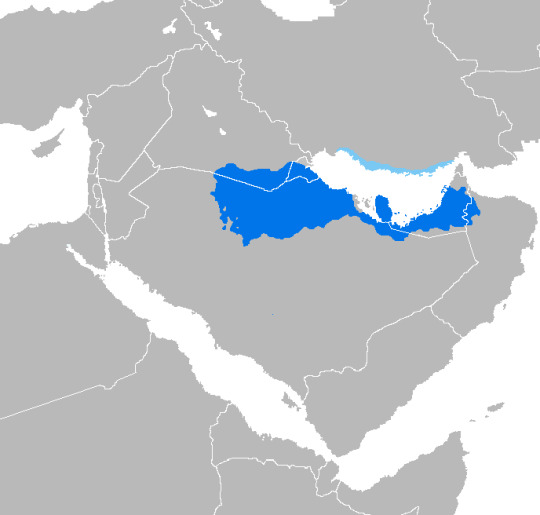
Gulf Arabic is spoken by about 10.6 million people (both natively and as a second language), mostly in the Gulf region but also in diaspora. Known locally as "Khalījī" (roughly, "of the Gulf"), this dialect has several features that distinguish it from its dialectal neighbors and from Modern Standard Arabic (MSA, or al-Fuṣḥā - the language of most literature, media, and practically anything else across the Arab world besides vernacular, colloquial Arabic).
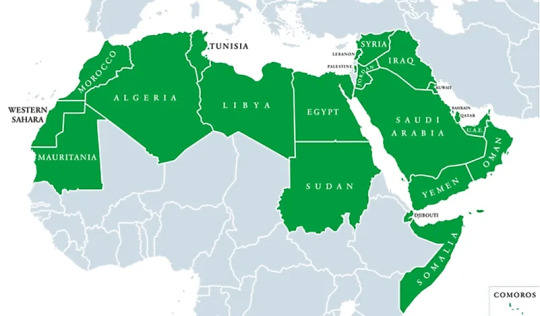
Before we dive into particulars, let's take a look at the name, "Qatar". A direct borrowing from Arabic "قَطَر" ("qaṭar" transliterated into the Latin script), it's quite often mispronounced* in English-language media. The Gulf Arabic vernacular pronunciation of the nation's name can be represented in IPA (International Phonetic Alphabet, a.k.a. one of my favorite things) like so: [ˈɡɪtˤɑr]. For the uninitiated, imagine saying the English word "guitar" with emphasis on the first syllable. In the video at the beginning of >this article<, the host uses more of a Modern Standard pronunciation, as evidenced by the initial consonant and vowel ("qa" as opposed to "gi").
*However, if someone says something and they mispronounce it or it's not technically a word and you're still able to comprehend what they're trying to say, I say leave it be! It's the polite thing to do, after all.

The Arabic language originated perhaps as far back as 800 BCE somewhere in the northwestern part of the Arabian Peninsula. Some dialect of Arabic (though certainly not as differentiated as today's Khalījī) was already spoken in Qatar by the time Muhammad sent Al-Ala'a Al-Hadrami (العلاء بن الحضرمي) to spread the message of Islam to the area in 628 CE (6-7 AH) (note: it is customary within Islam to follow the Prophet Muhammad's name with an honorific, which this website explains a few of). (If anything in this paragraph is incorrect or disrespectful, please let me know!)
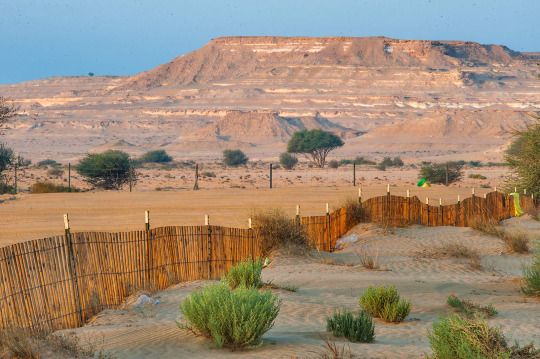
As the centuries passed, empires and caliphates rose and fell. Control over the peninsula changed hands several times well into the modern period. Qatar declared independence from - gasp! - Great Britain only on September 3, 1971, and it had previously been under the control of the Ottomans, Saudis, Persians, and many other dominant regional powers.
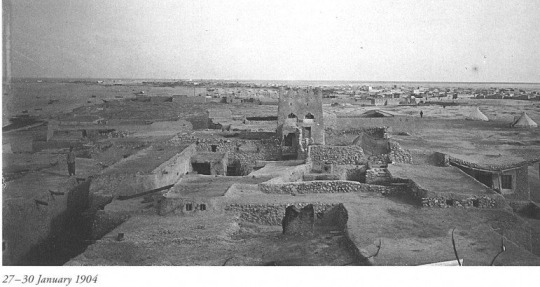
Owing perhaps to such a tumultuous regional history, Gulf Arabic's phonology has made some notable shifts away from Classical Arabic (the basis for MSA). Due to influence from an influx of foreign workers (particularly from South Asia), a foreign "p" sound has entered the dialect that distinguishes itself from the "b" sound, an expressly non-native phenomenon requiring a modified letter. Remember that "g" sound in "Qatar" from earlier? This is another of the more visible phonological shifts - though depending on the speaker, some may realize this sound like a Persian "q" (something like a "g" but pronounced back by the uvula), a French "r" (you know the one), an English "g" (phew!), or even like a Classical Arabic "q" in some instances.
I have not personally attempted to learn Gulf Arabic, so I can't give my recommendation on any particular learning apparatus over any other, although this website has a few potential paths to proficiency. However, if you find yourself in Qatar for business or pleasure, you may or may not be pleased to find that English is quite commonly spoken among native Qataris, owing to the nation's recent colonial past with Great Britain.
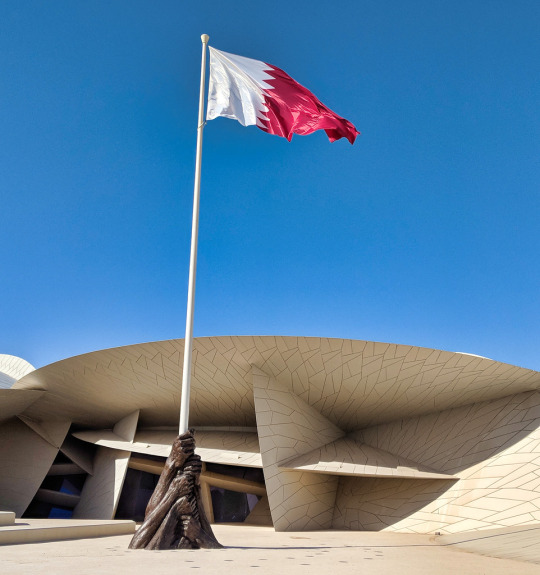
I would also like to make mention of a hidden gem you may have noticed within this World Cup's logo: the "t" in "Qatar" is quite stretched.

This "stretchy letter" phenomenon is known as "kashida", a borrowing of the Persian "kešide" (کشیده), which means "long" or "weighted" (or, in this instance, "extended"). It can be used for various purposes, such as emphasis of pronunciation or meaning, or as an effort by a calligrapher to fill extra blank space. In many stylized calligraphic texts written in Arabic and its descendant scripts, kashida is perhaps one of the more recognizable techniques utilized, even to someone with no knowledge of what is written.
Here's a link to some Gulf Arabic greetings complete with sound files. Even making the effort to learn some of these will go a long way in opening new doors to you!
Here's a playlist of music by Qatari artists! Listen to the sounds of the Gulf.
I understand this post is quite Qatar-centric, but if you're interested in hearing more about the history and culture of the other areas where Gulf Arabic is prominent (Kuwait, UAE, etc.) let me know and I'd be more than happy to talk about them!
What language would you like to see me profile next? Comment or send me a message! Please follow, share, like, and reblog for more linguistics!
#Afro-Asiatic#language#linguistics#culture#langblog#langblr#languages#arabic#arab#qatar#qatari#persian gulf#fifa 2022#world cup#fifa world cup#sports#soccer#football
10 notes
·
View notes
Text


1 note
·
View note
Text
Nubianization of the Cushites, Linguistic Denigration of Berbers, Denial of Hamitic Identity
Nubianization of the Cushites, Linguistic Denigration of Berbers, Denial of Hamitic Identity: the Next Genocide in Africa
By Prof. Muhammad Shamsaddin Megalommatis
Speaking at the 5th Annual Conference of the Network of Oromo Studies (NOS), which took place on 27th February 2021 on Visual Technology, I exposed one more Western colonial distortion, falsification and machination; the title of my speech was: "Fake Nubia: a Colonial Forgery to deprive Cushitic Nations from National Independence, Historical Identity and Cultural Heritage".
The text of my contribution was published without the notes here:
I herewith publish the first two notes of my speech; they constitute a brief but direct denunciation of the major Western anti-African forgeries, namely
- the Nubianization of the East African Cushites and of their historical past and heritage,
- the disparagement of the Berbers, and
- the denial of the existence of the Hamites.
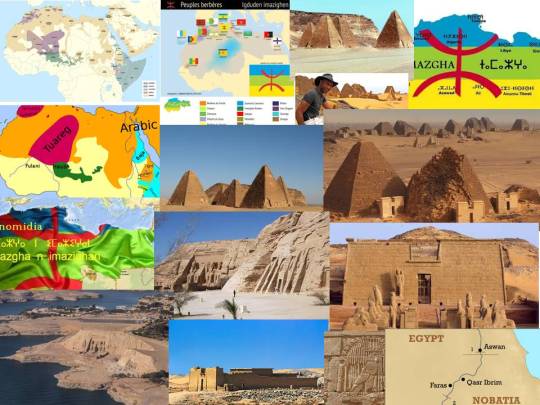
Although short, this text provides readers with a comprehensive insight into the evil, racist and systematic efforts of distortion of the African past by the Anglo-French and the American criminal fraudsters and biased pseudo-academics.
-----------------------------------------
Read and download the 3000-word text here:
and
#Cushites#Berbers#Nubia#Nubians#Hamites#Semites#Hamitic#Afro-Asiatic#Afro-asiatic#Afro-asiatic languages#Cushitic#Cush#Ham#Kemet#Egypt#Sudan#Napata#Karima#Jebel Barkal#Dongola#Oromo#Sidama#Oromia#Kaffa#Kambata#Hadiya#Blemmyes#Beja#Eastern Sudan#Nubianization
0 notes
Text
youtube
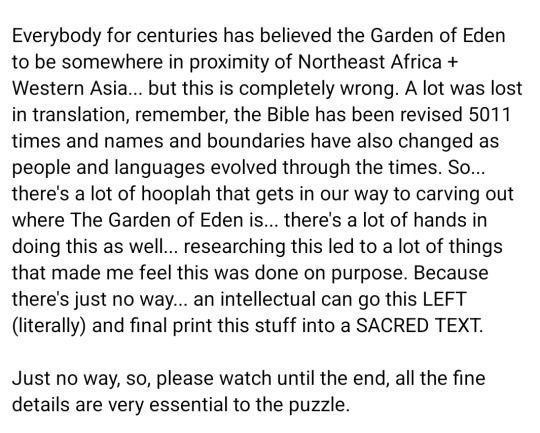
THANKS ALIENS
- @TISHALI
0 notes
Photo
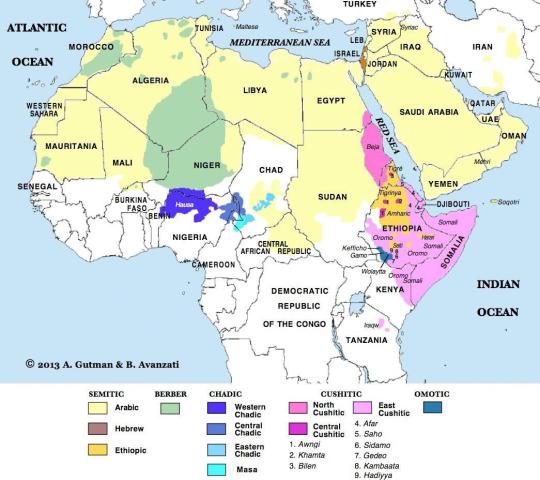
Map of Afro-Asiatic languages.
247 notes
·
View notes
Text
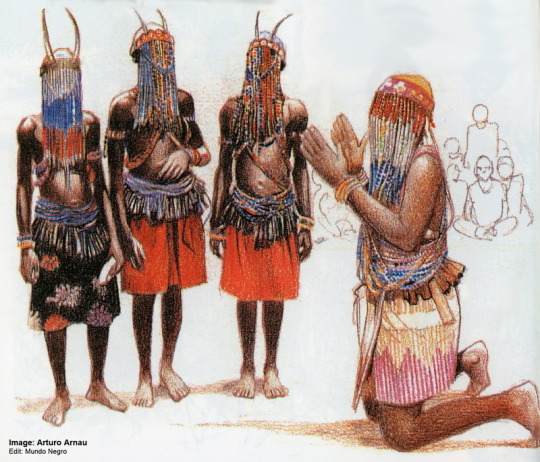
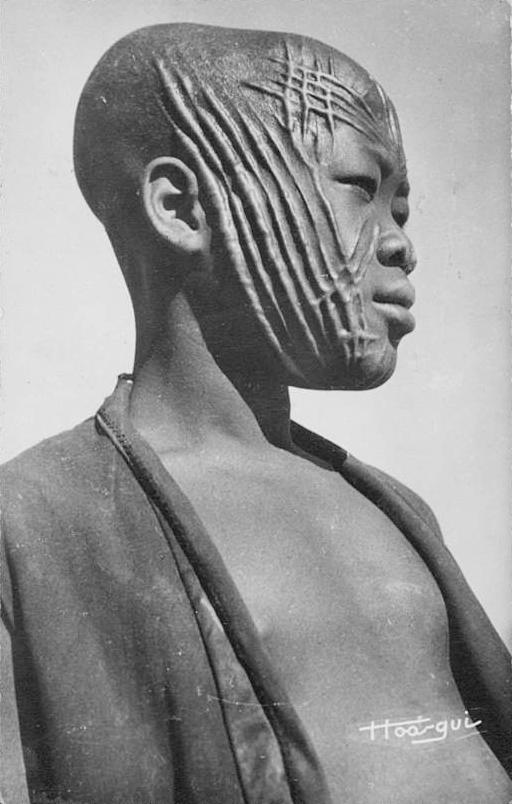
Analysis of classic genetic markers and DNA polymorphisms by Excoffier et al. (1987) found that the Sara are most closely related to the Kunama people of Eritrea.
Both populations speak languages from the Nilo-Saharan family. They are also similar to West African populations, but biologically distinct from the surrounding Cushitic and Ethiopian Semitic Afro-Asiatic-speaking groups
The Sara people are a Central Sudanic ethnic group native to southern Chad, the northwestern areas of the Central African Republic, and the southern border of North Sudan. They speak the Sara languages which are a part of the Central Sudanic language family. They are also the largest ethnic group in Chad.
Sara oral histories add further details about the people. In summary, the Sara are mostly animists (veneration of nature), with a social order made up of several patrilineal clans formerly united into a single polity with a national language, national identity, and national religion.
#african#afrakan#kemetic dreams#africans#brownskin#brown skin#afrakans#african culture#eritrea#kunama#nilo saharan#cushitic#ethiopian#afro asiatic#dna polymorphisms#dna test#dna#sara people#sara ethnic#chad#animists#afrakan spirituality
33 notes
·
View notes
Text

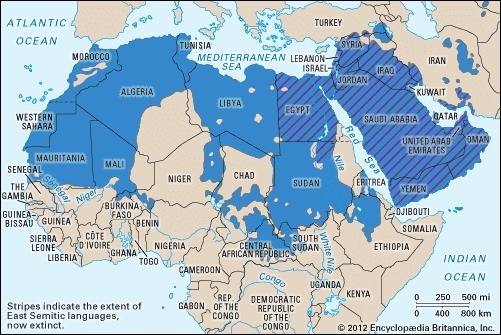
3 notes
·
View notes
Note
eyyyy you’ve noticed how many people are weird about converting too!! I got massacred for it when I mentioned it in another blog but like. if you want to convert then actually do something about it and work with a rabbi? there’s way too many people on here who are “interested in Judaism” or “planning on converting” and like that doesn’t make you special. you’re still a goy and you can still be massively antisemitic, you just think you have a “special connection” when you don’t. as a convert those people make me so upset, I never claimed Judaism before it was mine and I actually understood things, why can’t they just be quiet until they do the same
THANK YOU anon. literally i have no issue with converts it’s just that, as previously stated, some of you on here have GOT to be lying.
like saying you’re converting and learning yiddish and turning around and being anti-zionist isn’t necessarily antisemitic, but sometimes it’s pretty clear when you’re doing all this to go “as a jew…” and don’t really have an interest in judaism other than as a political tool.
this isn’t directed at you anon obviously because this is like a general you type of situation here. but like once again some of you guys have got to be lying about who’s converting around here because there cannot be that many of you coming in here with very little respect to a mostly closed religion
#anonymous#jumblr#judaism discourse#like thanks for learning yiddish i guess? but yiddish only exists because we were taken as slaves or otherwise expelled#because an ethnic group that can trace their genetics back to the middle east has no reason for a germanic language to be the primary one#unless something drastic happened to make it that way#i’m not saying yiddish is our primary language btw. i’m just saying that it’s probably the most widely spoken jewish language other than#hebrew and you don’t just get from an afro-asiatic language to a germanic one for no reason
6 notes
·
View notes
Text
RESURRECTED 1968 Gen X Ægiptian Pharaoh MICHAEL [TUTANKHAMÚN]… SEE MOOR of HORUS' MYSTICAL ORACLE MOTHER [MOM] PLANE’s Biblically Ancient [BABYLONIAN] Futuristic Afro-Maritime [FAM] MUURS of Asiatic Pacific [MAP] SKY Ocean Seafloor [SOS] EMPIRES Engineered [SEE] Dynastically by Constellation [D.C.] ORION’s GOLDEN [DOG = SIRIUS] Black [B] Sea Ægiptians of Afterlife [SEA] 5000 ATLANTIS
IMMORTAL U.S. MILITARY KING SOLOMON- MICHAEL HARRELL, JR.™

ommmmm

1968 gen x him [michael] king solomon of anu golden 19th ægiptian [sage] afterlife dynasty [a.d.]

1968 gen x him [michael] the mystic oracle king [ok] of Original Ægipt = Underground Subterranean America = MU ATLANTIS

us ancient [usa] 9 ether mystic ægiptians [me] control the world in our atlantean dream [a.d.] state

where my original dream interpreters at?!?!?!

him [michael] king again [ka]
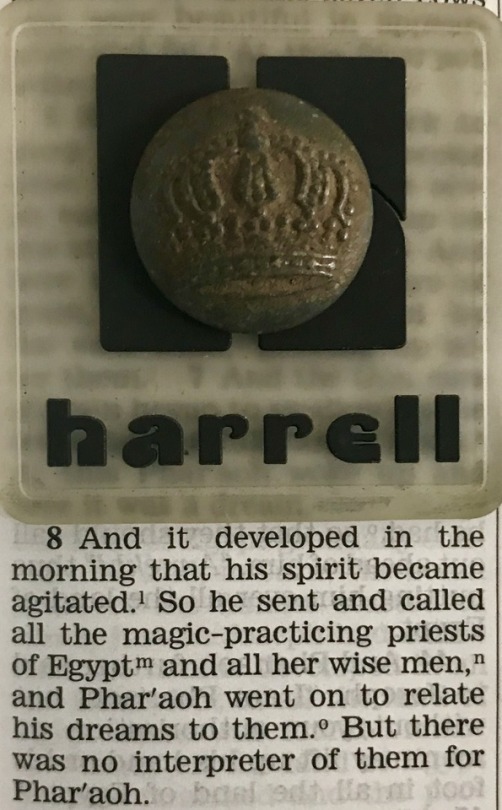
pharaoh michael [tutankhamún] see royal afro [ra] asiatic [ra] queen thi accompanied w/her 317 entourage of muur beautiful women

shhh.... our ancient mother plane extra telepathic [SUPERCONSCIOUS]

mother underneath [mu] her pacific ocean?!?!?!
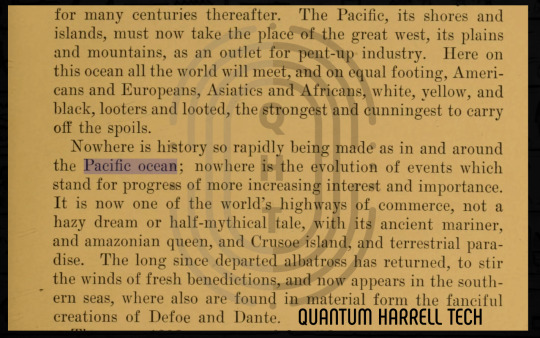
we extra [we] sky terrestrials disguised as humans on earth [qi]
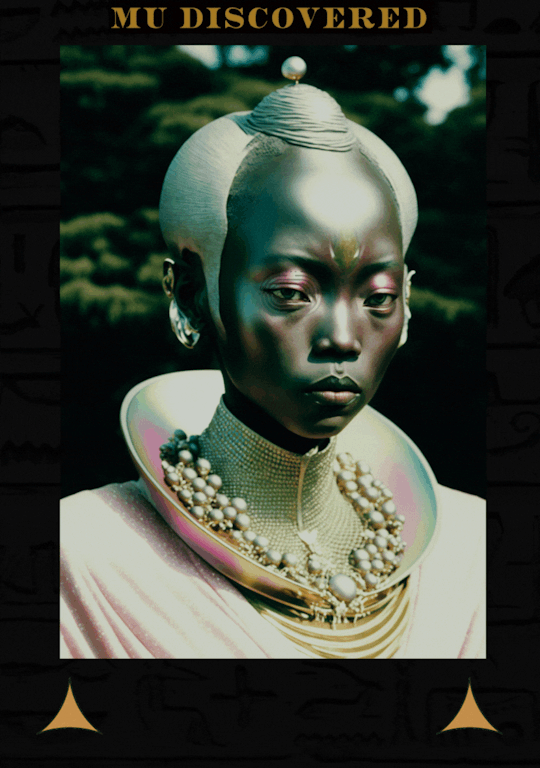
defoe sky peoples
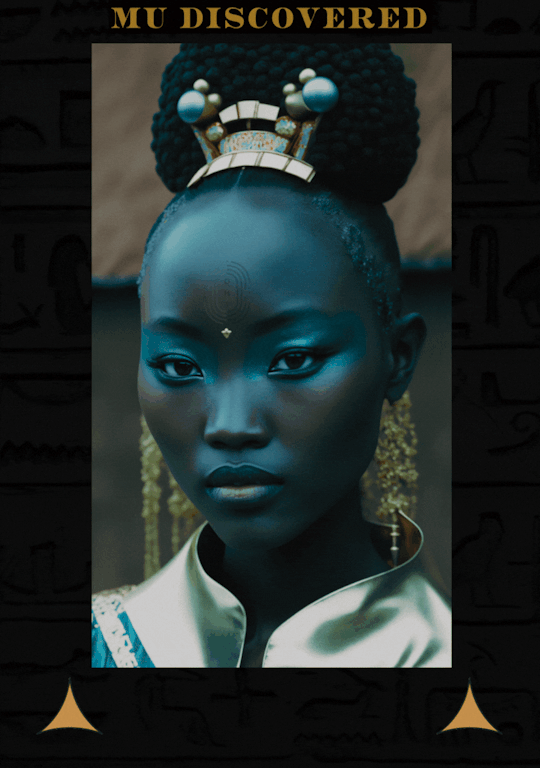
dante sky peoples

us golden 9 ether sky elites are global... since we untouchable [wu]

us uniquely designed 9 ether immortal khets [hittites] are found shapeshifting everywhere on earth [see]

us ancient [usa] dark sky royals never die... since nature created us as immortal 9 [i9] ether sky deities of earth [qi]

no worries merenptah... we unified [wu] now [won]

our eternal earth [qi] energy spirits of our indestructible 9 [i9] ether immortal soul are juridical, not moral

we see you istar
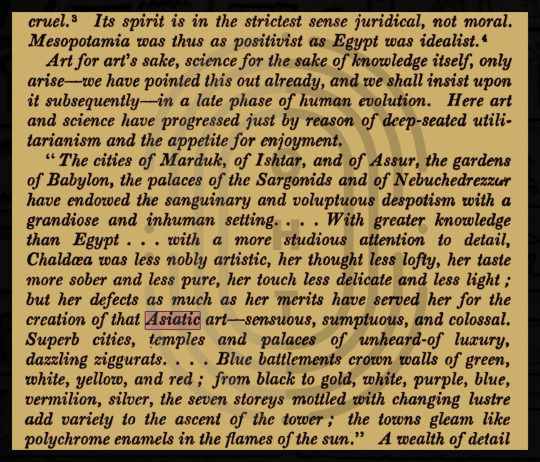
ain't nobody on earth moor unique [mu] than us [mu] golden 9 ether sky atlanteans

we from the underworld... deep inside earth [qi]
#om#o michael#dante peoples#ancient afro asiatics#quantumharrelltech#harrelltut#death is fake#defoe peoples#ancient pacific ocean peoples#immortals#moorish empire peoples#mesopotamia#inner earth peoples#9 ether atlanteans
2 notes
·
View notes
Text
I like the totally arbitrary Egyptian substrate I gave to this language. Gives it a bit of flavour
#there is a small albanian substrate too#but since that is an indo-european language just like the slavic and germanic languages#it's not nearly as worth mentioning#whereas egyptian is semitic#not semitic afro-asiatic#i always forget the macrofamily name lmao#regardless the semitic languages are also afro-asiatic
4 notes
·
View notes
Text
semitic languages my beloved
0 notes
Text
Submitted by @ytilaremehpe-sselhtaed

2K notes
·
View notes
Text
Key terms necessary for understanding the Israeli-Palestinian conflict :
Part 1- Ancient Israel to the founding of modern Israel, Jewish terms
A/N: Hey! The results are in, and this is the topic my followers chose🫶 Writing this felt very much like retaking my high school history finals lol. Enjoy reading.
*These terms and definitions will be organized by topics, in chronological order.
**If I have made a mistake or if you feel like I forgot something important- don’t hesitate to tell me in the comments. It is very hard to summarize thousands of years.
*** Be respectful, I am human.
1. Key terms in Judaism and the connection to the land of Israel :
Israel and Judea- Were the two ancient Jewish kingdoms.
Zion ציון- Is one of the 70 biblical names for the city of Jerusalem. In fact, Jerusalem is referenced by this name in the bible over 150 times.
The word Zion is very much embedded into our culture: it is used in many prayers and Jewish texts written throughout Jewish history, songs etc.
Zion and the exile from it:
It is especially used when describing longing and the wanting of return to the land of Israel:
The most famous example that uses the word Zion is the biblical prayer from the book of Psalms, 137:
1 By the rivers of Babylon, there we sat down, yea, we wept, when we remembered Zion.
תהילים פרק קלז
א עַל נַהֲרוֹת, בָּבֶל--שָׁם יָשַׁבְנוּ, גַּם-בָּכִינוּ: בְּזָכְרֵנוּ, אֶת-צִיּוֹן.
This verse is an example of the longing for Israel: as it was written after the exile to Babylon.
*Yes, the funky Boney M song is based on this Psalms verse :)
Coming full circle- It is also used in the official hymn of the modern state of Israel, Ha'Tikva. התקווה, written by Naftali Herz Imber.
This word might sound familiar to you, as it is also the origin of the word "Zionism".
Zionism- is the notion that the Jewish people deserve to have a state of their own.
Semite- is a term for people relating to, or constituting a subfamily of the Afro-Asiatic language family:
Semite languages- are a group of ancient languages, that originated around the same time, in Africa and the Middle East- aka the neighboring countries of Israel.
The Semitic languages are: Hebrew and its other ancient dialects , Arabic, Amharic, Aramaic and more. Unfortunately , most of these are extinct and no longer spoken.
The languages that are still spoken to this very day are : Arabic, Amharic and Hebrew.
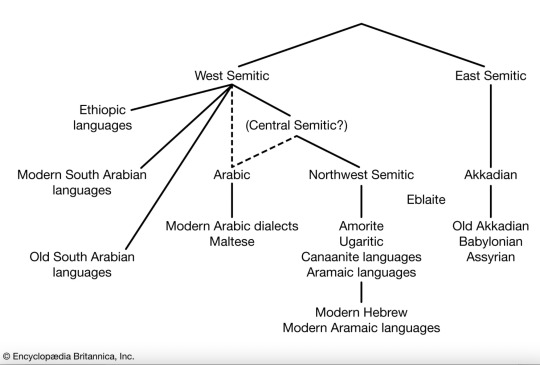
Some Hebrew Fun facts :
-While there are only estimated 8 million Hebrew speakers nowadays( most of them Israeli), Hebrew is considered a holy language in is spoken during prayer.
-Ancient Hebrew and modern Hebrew are very similar. So much so that if I were to time travel, I could have a decent conversation with my ancestors😊 (some pronunciations, grammar and words have changed, but it’s essential the same).
-Which cannot be done with Romanic languages or Celtic languages..
Antisemitism
A\N: This word is getting its whole section because it simply deserves it.
Nowadays, every time a Jewish person says something is antisemitic, they will usually be bombarded with mocking comments about how Jews like to call everything antisemitic.
If had a nickel for every time I got those comments or an Arab person tried to troll me in the comment section by saying "I can't be antisemitic if I'm a Semite myself"...
Let's make it clear (once again).
As I have explained before, the word Semite refers to a group of ethnicities. However, the word Antisemitic refers to Jewish hatred:
"Antisemitism is hostility to, prejudice towards, or discrimination against Jews.[2][3][4] This sentiment is a form of racism,[5][6] and a person who harbors it is called an antisemite. Though antisemitism is overwhelmingly perpetrated by non-Jews, it may occasionally be perpetrated by Jews in a phenomenon known as auto-antisemitism ".
TLDR: Don't be a Jerk and use antisemitic rhetoric, blood libels, and stereotypes... You don't get to choose if something is antisemitic or not, Jews do.
2. Modern Israel and its founding
The Knesset- Is the Israeli parliament consisting of 120 members, elected democratically every 4 years.
Usually- there have been 5 elections in the last 5 years. It also currently has 36 ministers. Yes, that _IS_ a lot.
Kibbutz- "Kibbutz is a community where people voluntarily live and work together on a noncompetitive basis. The first kibbutzim were organized by idealistic young Zionists in the beginning of the 20th century."
As time moved on, starting in the 80s, many Kibbutzim struggled financially and closed down.
Today, there are 265 Kibbutzim left, with approximately 200,000 residents. Less than 20% of them are communal.
Unfortunately today, the word Kibbutz has a different connotation:
British mandate- Yep, they colonized us too lol. After the first world war, Between 1917 and May 1948 (Israel was founded literally as soon as the mandate ended).
Fun fact- Today, there are still a few rules left from the British mandate In Israel (Most of them were updated or changed by Israeli law makers after it's founding, usually by the Knesset and the Supreme court of justice).
“Homa U’migdal” (חומה ומגדל Tower and stockade)- During the British mandate, Jewish settlements were built overnight due to a legal loophole still valid from the Ottoman rule. The loophole prevented the British from destroying the new settlement:
"Homa U'Migdal is the name of an operation that the leaders of the Yishuv initiated in Palestine, during which 52 new settlements were founded. This operation was a response of the Yishuv to the 1936-1939 Arab Revolt and the restrictions the Mandatory authorities placed, both on the building of new Jewish settlements, and on the amount of Jewish immigrants allowed into Palestine. The building of each settlement began at night. First, the guard tower and the defense stockade were set up, so the operation was named “Tower and Stockade”. According to an old Ottoman law that was still valid during the Mandate period, the destroying of a building was not allowed after the roof had been erected. For this reason the British did not destroy the "Tower and Stockade" settlements which had not received building permits. "
The 2-state solution - The notion that the solution to the Israeli-Palestinian conflict should be two states for two people- one for Arabs and one for Jews.
Balfour's declaration- is the famous letter sent by then-British foreign secretary Lord Balfour to Lord Rothschild in 1917. In the letter, Lord Balfour stated that the British Empire would support the forming of a Jewish Zionist state in the land of Israel.
Peel Commission- was a community created in 1936 by the British rule during their Mandate over Israel. As the name suggests, the head of the Commity was Lord Peel. A suggestion for a Two-state solution was suggested to representatives of both Jews and Arabs. Unfortunately, the Arabs have refused it.
1947 Partition Plan- A partition plan suggested by the UN, that included another draft of the two-state solution, with different borders. The Arabs have refused it once more.
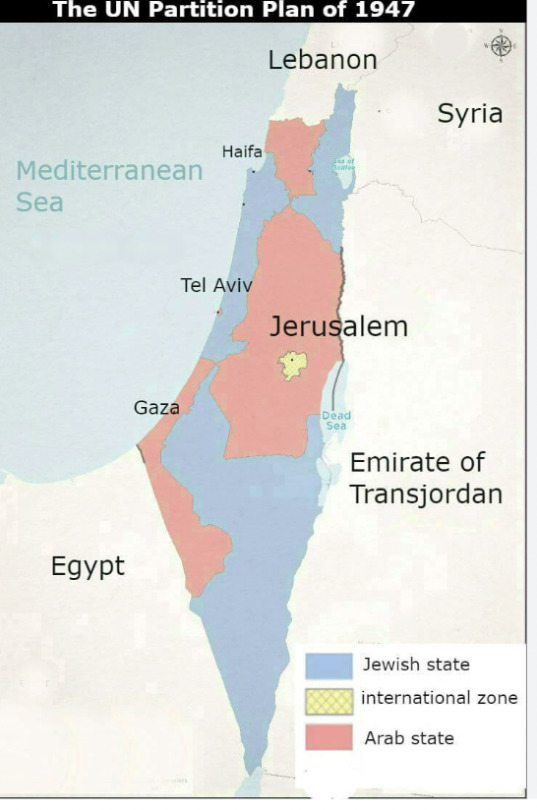
Declaration of Israel's Independence from Britain:
And so, as the British mandate ended on May 14th, 1948, the people's Council (that later served as the initial government of Israel) declared the formation of the modern state of Israel.
The day following the declaration, the Arabs in Israel revolted and with the help of 5 foreign armies that invaded Israel, tried to stop the formation of Israel: Iraq, Jordan, Egypt, Syria, and Lebanon.
They failed and Israel was formed.
You can watch David Ben Gurion, head of the council (and Israel's future first prime minister) declare its formation/independence here.
PS- this was the flag of Palestine before the current one:
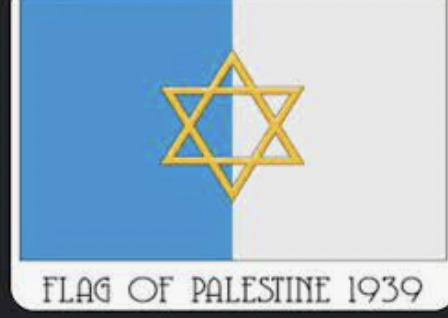
Sources:
-Semite languages pic:
https://www.britannica.com/topic/Semitic-languages
-Kibbutz: * https://kibbutzulpan.org/about_kibbutz/
*https://www.hamichlol.org.il/%D7%A7%D7%99%D7%91%D7%95%D7%A6%D7%99%D7%9D_%D7%91%D7%99%D7%A9%D7%A8%D7%90%D7%9C (Hebrew)
-Homa U'Migdal" : http://www.zionistarchives.org.il/en/Pages/TowerStockade.aspx
#israel#jewish history#jewish#israeli#jewblr#gaza strip#human rights#ישראל#טאמבלר ישראלי#israel palestine conflict#hamas is isis#jewish tumblr#jewish studies#jewish ≠ israel#jewish culture is#jews#jumblr#judaism#current events#middle east#Israeli#עברית#ישראלי#Gaza#israeli palestinian conflict
166 notes
·
View notes
Text
these are all off the top of my head, so i apologize if a listed language is technically part of another language family/branch!
also, i wish i had more than ten options, but alas (so if you speak a language that isn’t in any of these families/branches please tell me, i’m really curious!!)
497 notes
·
View notes
Text
AFRICA AND ASIA WAS ONCE THE SAME CONTINENT! REPEAT THAT BACK! PROUDLY OF THE AFRO-ASIATIC BLACK RACE! PROUD PINOY! ONE BLOOD FAMILY! ✊🏽✊🏿✊🏽✊🏿🖤🤎
#Elijah Muhammad#Louis Farrakhan#afro-asiatic is the original man#mu#oceanic#austronesian#one blood#cant tell me nothin'#n.o.i.
0 notes